Since ChatGPT’s launch in late 2022, it has rapidly become one of the most recognized AI tools globally. From helping students write essays to assisting developers in debugging code, ChatGPT’s range of use cases is huge. But while ChatGPT remains one of the most advanced conversational AI tools out there, it’s certainly not the only one. Several powerful alternatives have emerged — each with unique strengths, target audiences, and use-case focuses.
In this article, we’ve rounded up 11 of the most noteworthy ChatGPT alternatives available in 2025. Whether you’re looking for real-time data access, a more empathetic chatbot, an open-source model, or an AI tool tailored for marketers or coders, there’s something here for you.
1. Microsoft Copilot (formerly Bing Chat)
Microsoft Copilot is essentially GPT-4 with a Microsoft flavor. Integrated directly into Windows and Microsoft 365, Copilot has become a daily productivity booster for millions. It can help you write emails in Outlook, generate reports in Word, or even create Excel formulas based on plain English prompts.
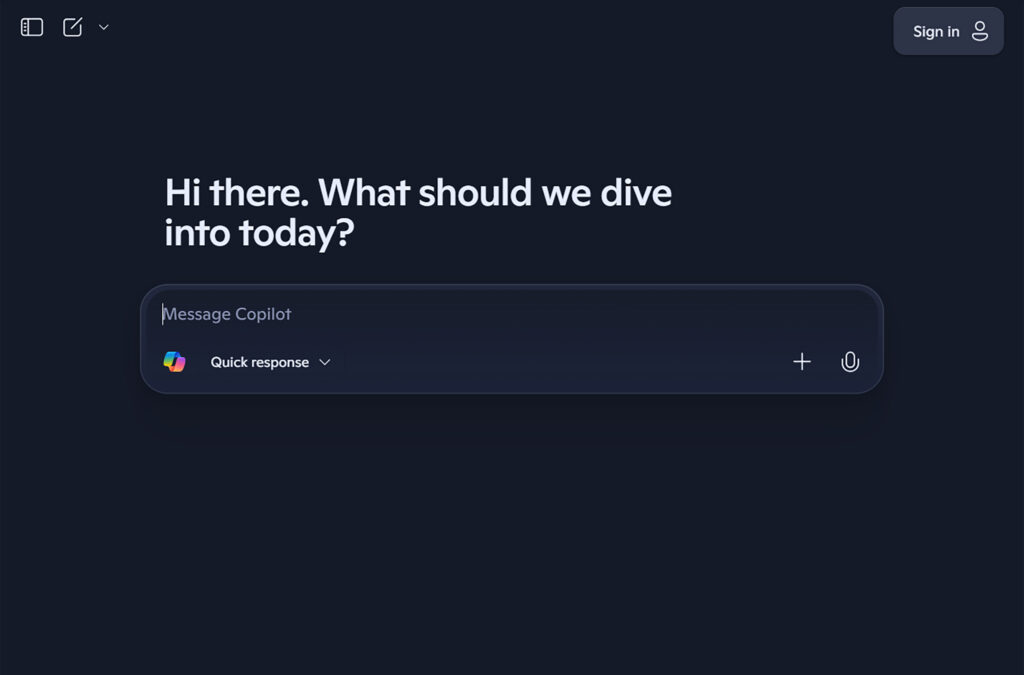
One of its standout features? Multimodal interaction — it can respond with both text and images. It also pulls real-time information from the web, unlike some versions of ChatGPT that rely on static data. However, sessions can be limited and performance may vary depending on load times.
2. Google Gemini (previously Bard)
Gemini, Google’s flagship AI from DeepMind, is arguably ChatGPT’s biggest rival. It handles both text and visual inputs and is deeply integrated across Google services. Whether you want help summarizing a Gmail thread, exploring a dataset in Google Sheets, or just having a casual chat, Gemini delivers intelligent, real-time responses.
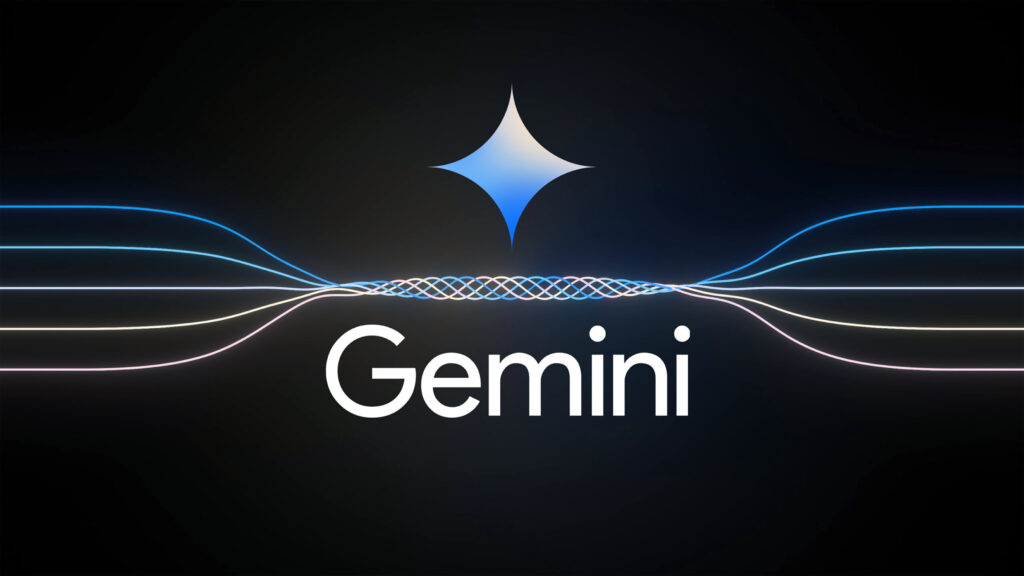
One of the major advantages Gemini has is access to Google’s enormous knowledge graph and live web browsing capabilities. For tasks that require current data, Gemini often has the upper hand.
3. Claude 3.5 Sonnet by Anthropic
Claude by Anthropic is known for its thoughtful responses and emphasis on safe AI. Its latest version, Claude 3.5 Sonnet, balances creativity and factuality while maintaining a calm and ethical tone. Many users describe Claude as a more measured and “mature” alternative to ChatGPT.
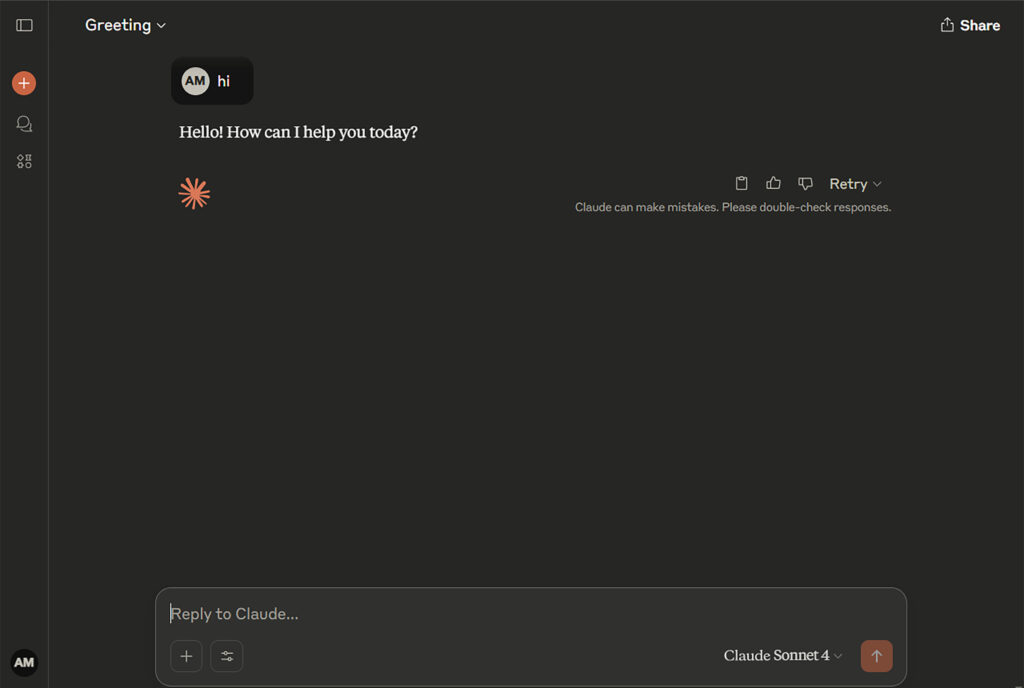
It also supports long context windows, making it ideal for reading and processing large documents — a great feature for professionals in law, policy, or education.
4. Perplexity AI
If you love clean interfaces and real-time citations, Perplexity might be your best bet. This AI search assistant functions as both a chatbot and a fact-checking engine. Instead of just giving you an answer, it shows where that answer came from — complete with clickable citations.
Its Pro version unlocks models like GPT-4 and Claude, while the free tier gives quick, reliable results using Haiku (Claude’s lightweight model). Bonus: you don’t even need an account to use it.
5. HuggingChat by Hugging Face
HuggingChat is one for developers and open-source enthusiasts. It’s built on top of community-driven models like OpenAssistant and LLaMA, offering full transparency, flexibility, and self-hosting capabilities.
The biggest advantage here is control. Organizations can deploy HuggingChat internally, customize it with proprietary data, and use it without depending on big tech platforms. While it may not match GPT-4 in finesse, it’s a solid choice for those who prioritize data sovereignty.
6. ChatSonic
ChatSonic, by Writesonic, takes GPT-4 and supercharges it with Google Search access and a variety of creative tools. It supports voice input, and image generation, and even lets you chat as different avatars, making it a fun tool for content creators.
However, the free plan is quite limited (10,000 words/month), and the interface can feel cluttered at times. That said, if you’re a digital marketer or creator, it offers a powerful content suite.
7. Poe by Quora
Think of Poe as a multi-tool for conversational AI. It lets you access several major models — including GPT-4, Claude, Mistral, and LLaMA — all in one place. You can even build your custom bots using initial prompts.
Its messaging-style app is clean, fast, and perfect for power users who want flexibility without constantly switching tabs or tools. However, full access to all models does require a paid subscription.
8. Pi by Inflection AI
If you’re looking for a personal AI that feels more like a friend than a tool, Pi is worth exploring. Designed to be supportive and emotionally aware, Pi brings a softer, more human tone to conversations.
You can speak to it directly via WhatsApp, Instagram, or iOS apps. While it’s still evolving and limited to English, its emotionally intelligent design is unlike anything else on the market.
9. Amazon CodeWhisperer
Focused on developers, CodeWhisperer provides intelligent code suggestions, security checks, and even references for where snippets come from. It’s especially handy for those working on AWS or in multi-language environments.
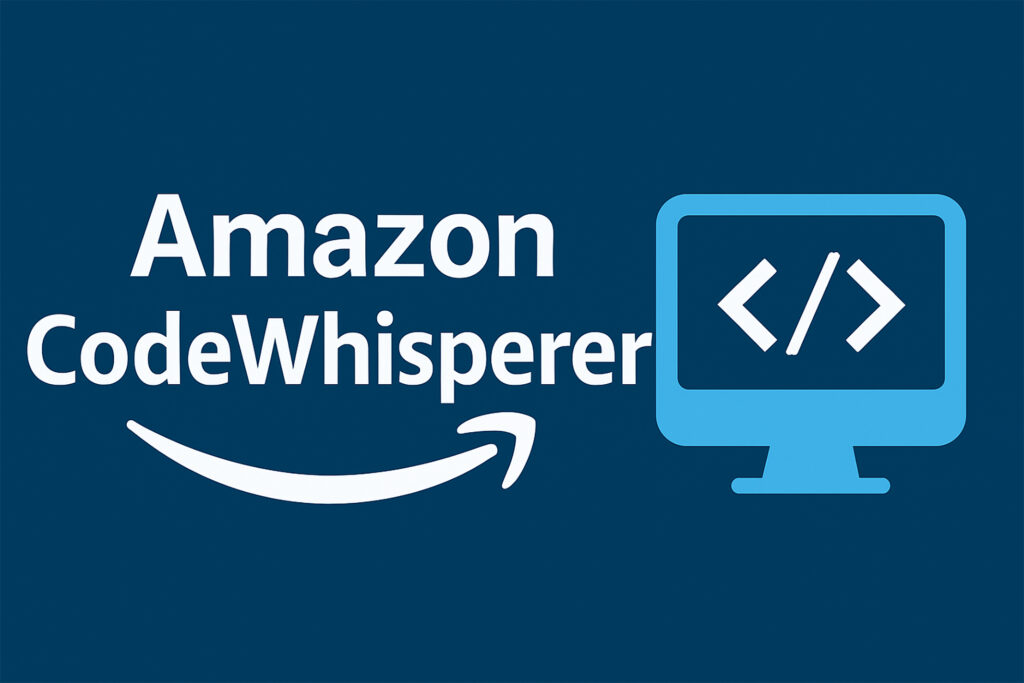
While it doesn’t support as many languages as GitHub Copilot, its integration into IDEs like PyCharm and JupyterLab makes it a practical AI assistant for coding.
10. Jasper AI
Jasper AI is tailor-made for marketers, copywriters, and brand managers. Whether you’re drafting a landing page, a blog post, or a product description, Jasper uses top-tier LLMs to maintain brand tone and style.
It’s one of the few tools that can match tone across languages — a big plus for global marketing campaigns. It’s not cheap, but if content is your business, Jasper could be your best AI teammate.
11. DataLab AI Assistant
Designed specifically for data professionals, DataLab’s AI assistant helps users explore datasets, write code, and fix bugs—all from within a notebook-style interface. It’s especially useful for learners, thanks to features like “Fix Error” (which also explains the error) and “Generate Code” from plain English.
Perfect for students, analysts, and teams working on collaborative data projects, DataLab bridges the gap between learning and doing in the data world.
Final Thoughts
There’s no doubt that ChatGPT has set a high bar for conversational AI, but it’s just one of many powerful tools available today. Whether you’re after an AI that’s more emotional, more specialized, more open-source, or more connected to real-time data, these 11 alternatives show just how diverse the AI landscape has become.
Curious about which one is right for you? Try a few — most of them offer free tiers — and see which AI aligns best with your needs, your workflow, and your style of interaction.

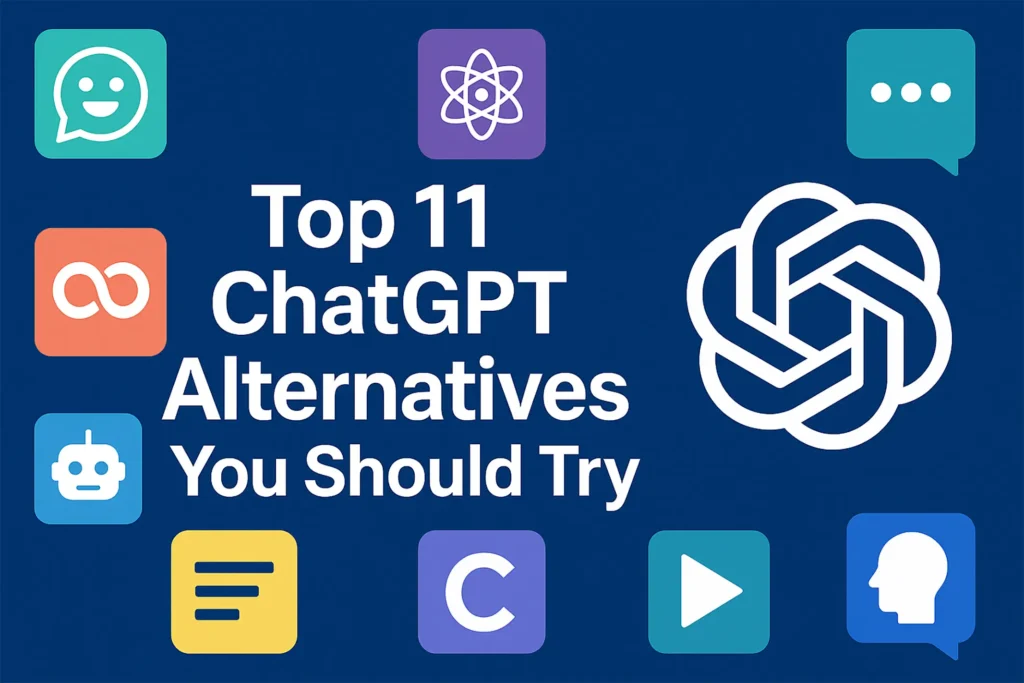
4 Responses
It’s so important to remember gaming should be fun, not a source of stress. Seeing platforms like phswerte prioritize a secure & enjoyable experience – and responsible play – is great! Check out their phswerte game selection if you’re looking for a bit of lighthearted fun. 😊
Absolutely! 🎉 Gaming should always be about fun and enjoyment, not stress. It’s really reassuring to see platforms like phswerte focusing on creating a secure, positive space while promoting responsible play—that’s so important. Thanks for the recommendation! I’ll definitely take a look at their game selection for some lighthearted fun. 😊 Appreciate you sharing your thoughts!
That’s a bold prediction! Considering the Asian market’s growth, especially platforms like okking99 online casino, it’s an interesting time for football betting. Solid analysis as always! ⚽️💰
Thank you for the thoughtful comment! 🙌 You’re absolutely right—the growth in the Asian market is creating a really dynamic landscape, especially with platforms like okking99 online casino stepping up. Football betting is evolving fast, and it’s exciting to watch where things are headed. Really appreciate your kind words about the analysis.